Can Drinking Tea Teach Kids About Sex & Consent? Delhi NGO Shows You How!
In an exclusive conversation, Radhika Mittal, Founder and Director of SSI, tells us why she started the organisation, how it has evolved, and the way forward.

Priyanka and Asha (names changed) are residents of an urban slum in the country’s capital. Until a few months ago, they firmly believed that a boy could look at a girl and tell if she has ever been in a sexual relationship. At almost 20 years of age, both these girls did not know about sex, contraception, safe periods, and consent.
In 2015, India saw the number of abortions rise to almost 1.56 crores – the highest in a long while.
The misconceptions and myths that these girls carry could well be factors that led to the alarming statistics. In an attempt to change this mindset, Super School India (SSI), an NGO based in Delhi has run several education initiatives for urban slum children.
SSI believes that every child can excel and has been working with children to equip them with skills to succeed and guide them to be responsible and morally upright members of society.
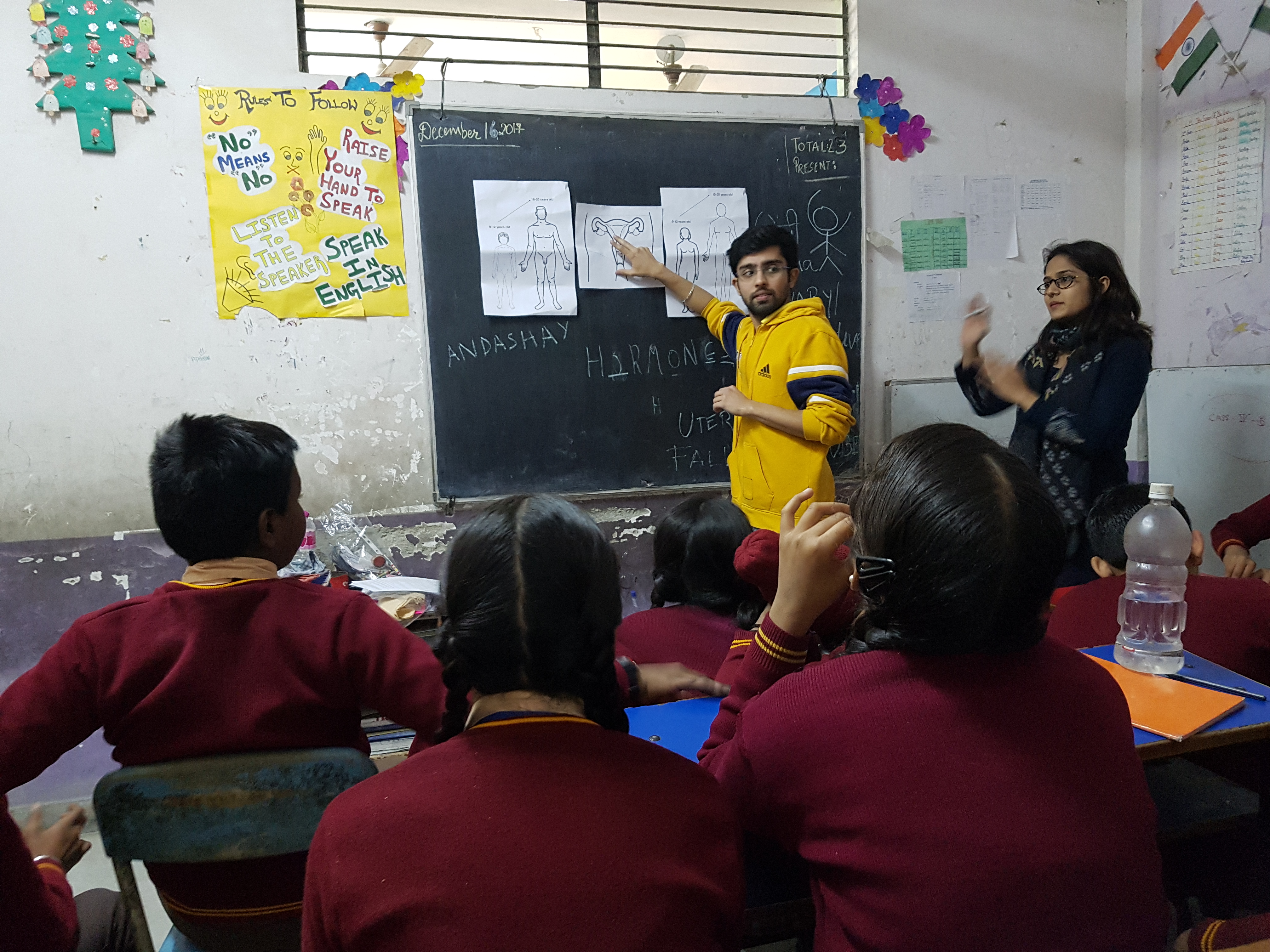
In an exclusive conversation, Radhika Mittal, Founder and Director of SSI, tells us why she started the organisation, how it has evolved, and the way forward.
Inception
Growing up and working in Singapore, Radhika saw that while there was a great deal of interest among various organisations for India, a majority of them lacked the confidence in investing in India’s social sector.
“India is such a huge place, and while we would always recommend investing, it was also important to address the questions of the investors.”
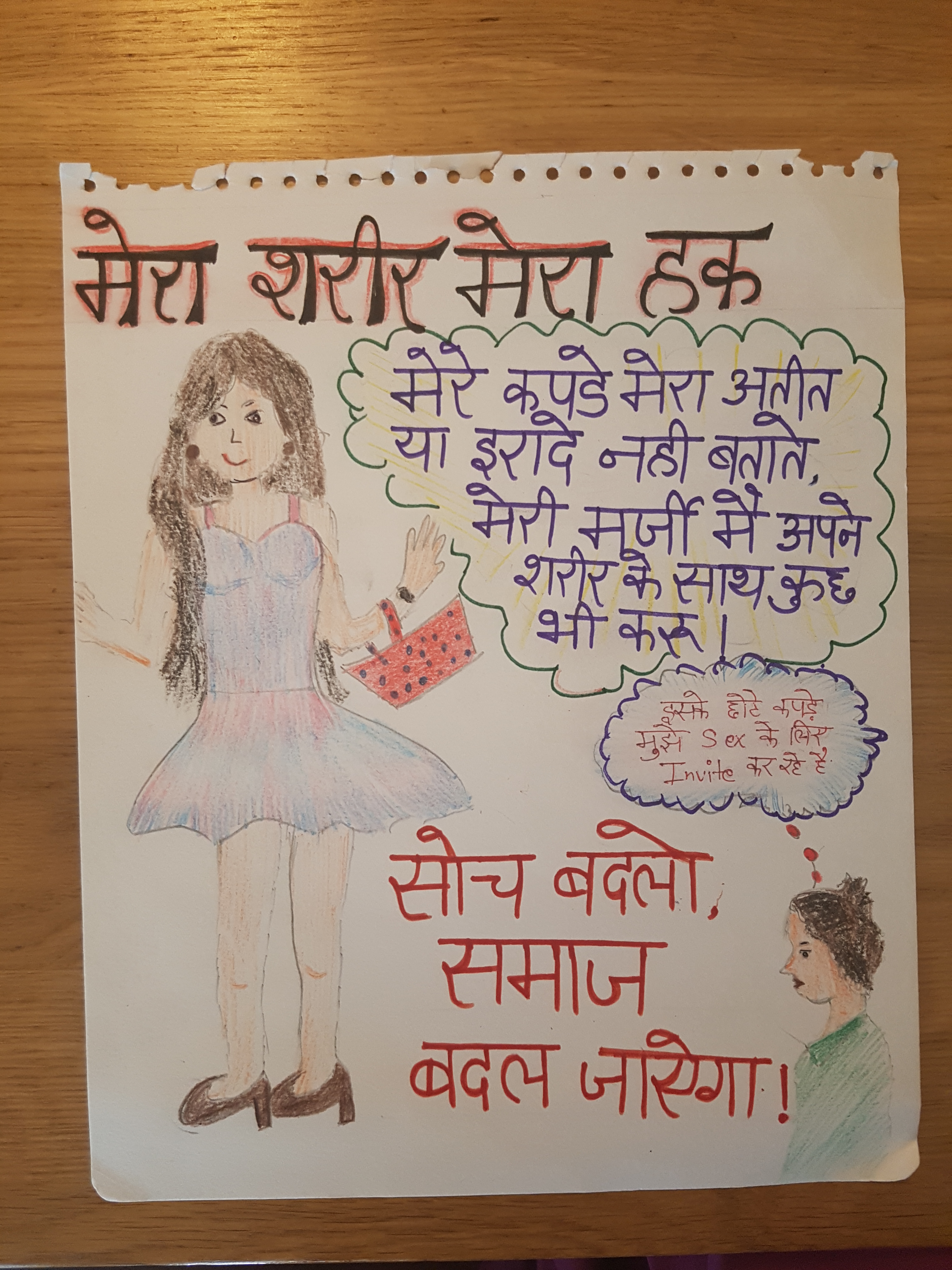
That’s when I decided to move here and work with the urban slum children,” says Radhika.
She continues, “I started with the children who lived close to my home, and I was sure about repeating the same things that every other NGO in the city was doing. I wanted to create maximum impact and work on areas where the children genuinely needed help.”
Bridging the gap
In her quest to provide help in areas where it was needed most, Radhika found that the children severely lacked in values. She says, “While we saw some amazing students, we realised we must work with them to provide a good value system.”
Citing an example, Radhika narrates an incident about a girl who was eve-teased on her way to the centre. When discussions ensued about what should be done, there were numerous responses. She shares, “Some suggested that we visit her home, others said that we must get the police involved. All this while, a boy was quietly rolling his eyes. When I asked him why, he answered, ‘if she keeps looking behind and giggling, then the boys will tease her, right?’”
Her takeaway from that incident was that no matter what education and skills were taught to the children, it was the mindset that needed to be changed.
Teaching them to respect one another
One of the things that Radhika and her team work on is ensuring that sexual harassment is not normalised. “We spend considerable time in correcting the language used by the children, the terminologies which they pass off as acceptable, and in ensuring that we constantly speak to them about consent,” she says.
None of these children is born bad, insists Radhika, adding that they are influenced by those around them.
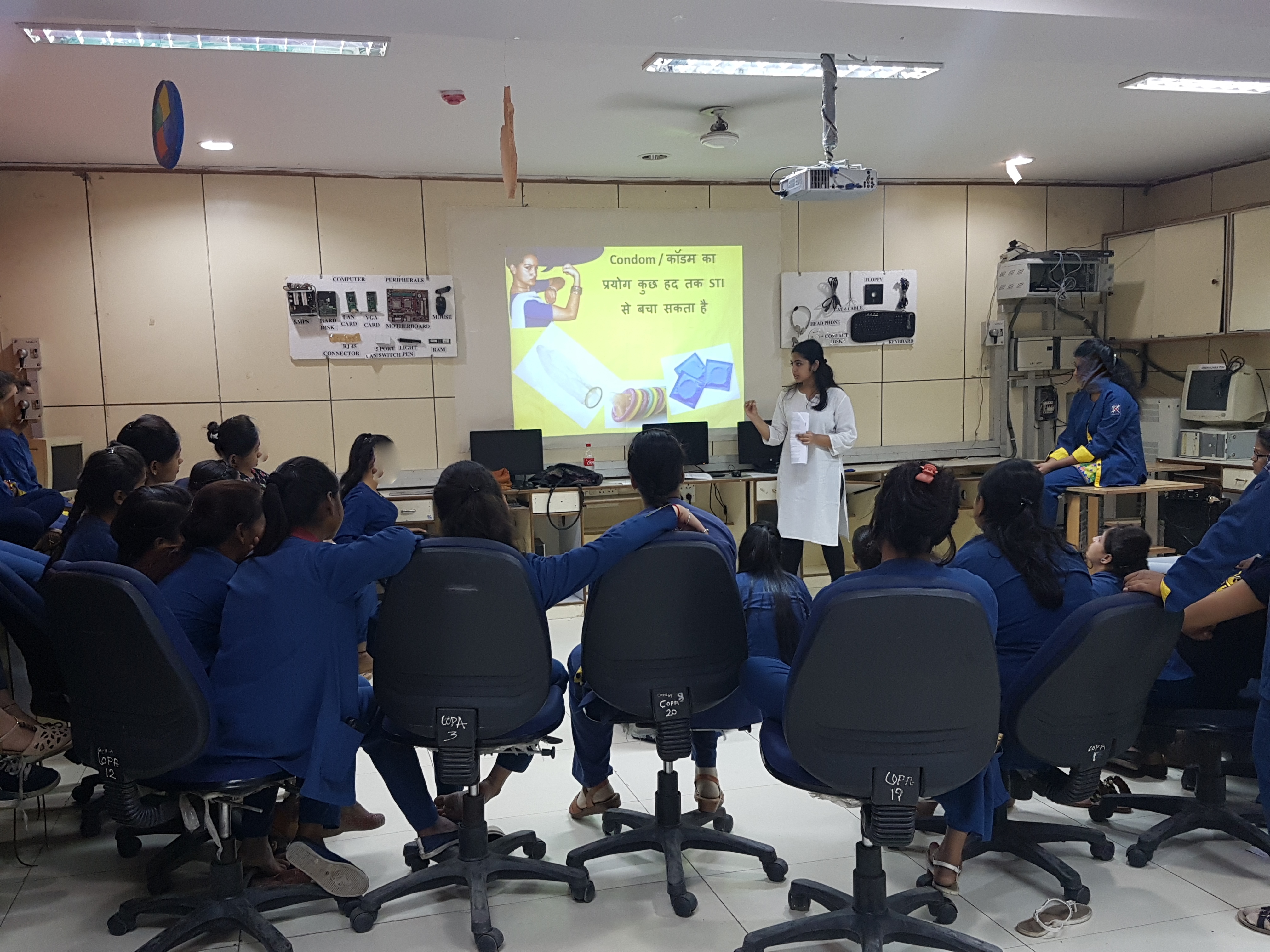
“We also saw that three months of being with them and constantly speaking to them brought such a change in their behaviour,” she shares.
As part of the workshops, the team plays popular Hindi film music, which includes songs that have derogatory lyrics. One of the activities involves changing the lyrics of these songs. Through this, the children begin to understand why certain words could be derogatory and hence should not be used.
Teaching consent with ‘chai’
One popular analogy that worked well with the children was comparing tea to consent. For instance, if a child had a cup of tea with someone for two days but was refused on the third day, the refusal must be respected.
“We explained to them that forcing someone to have tea was not an option, and similarly consent must be obtained for anything that involves another.”
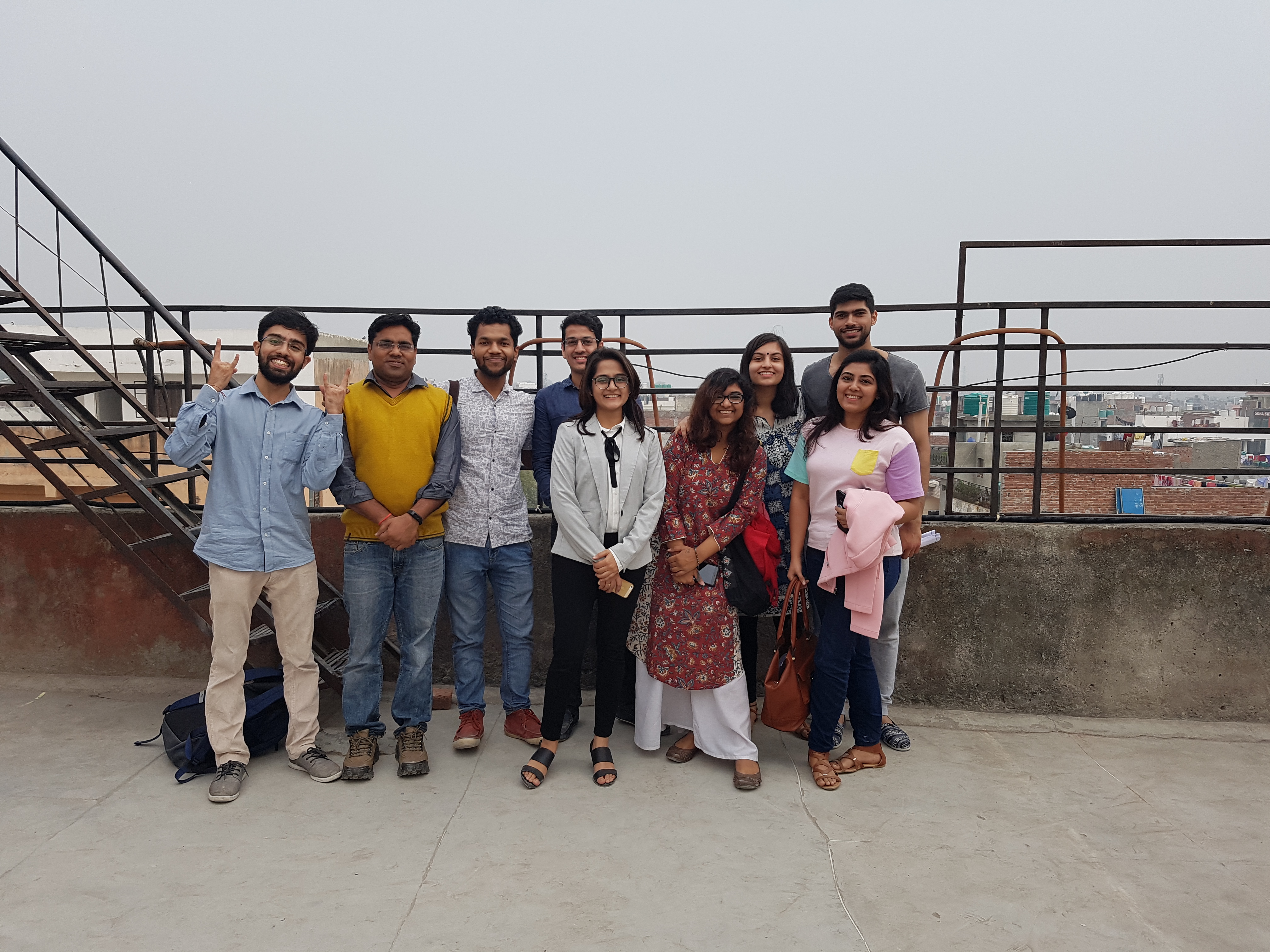
Radhika laughs as she tells us about a response they got during a session. “We had someone tell us that in India refusing tea was considered rude.”
Way forward
For SSI and Radhika, this has been a good beginning. Their programmes are designed keeping their 150 students in mind. And they plan to continue their engagement while working to introduce it to different government schools.
Sex education will continue to be one of the focus areas, primarily because Radhika feels that the information that these kids are armed with is usually half-baked and hence, of no use.
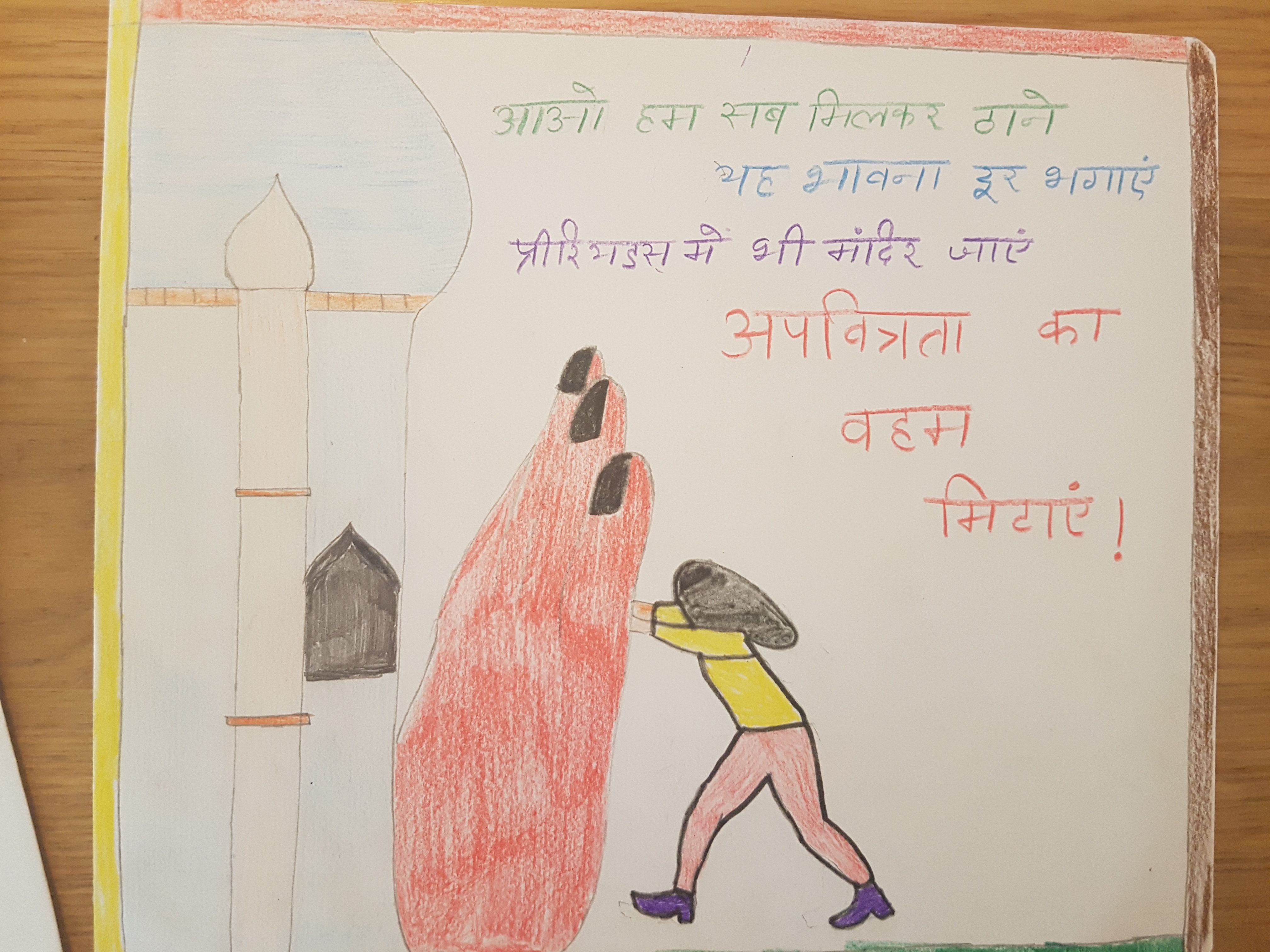
Radhika claims, “The only exposure they have to sex education is actually seeing or hearing their parents have sexual intercourse; while their counterparts might go on to the internet and search for it, these children will almost never do that.”
Radhika and her team will continue to work towards changing the mindset and bringing about respect among the genders. For more information about the centre, visit their website here.
(Edited by Shruti Singhal)
Like this story? Or have something to share?
Write to us: [email protected]
Connect with us on Facebook and Twitter.
If you found our stories insightful, informative, or even just enjoyable, we invite you to consider making a voluntary payment to support the work we do at The Better India. Your contribution helps us continue producing quality content that educates, inspires, and drives positive change.
Choose one of the payment options below for your contribution-
By paying for the stories you value, you directly contribute to sustaining our efforts focused on making a difference in the world. Together, let’s ensure that impactful stories continue to be told and shared, enriching lives and communities alike.
Thank you for your support. Here are some frequently asked questions you might find helpful to know why you are contributing?


This story made me
-
97
-
121
-
89
-
167











